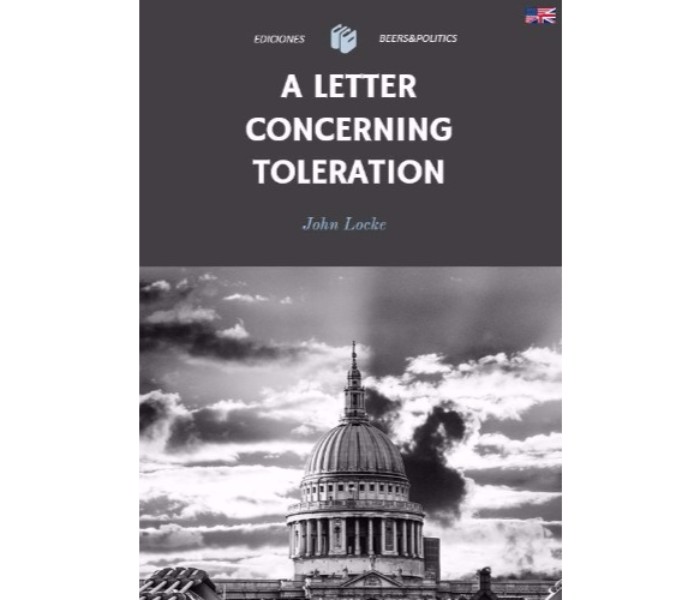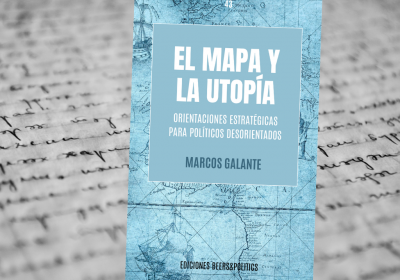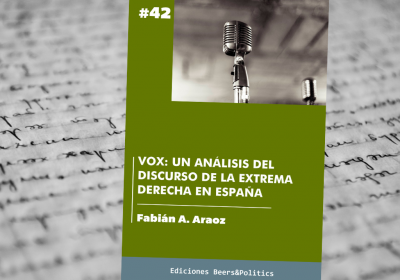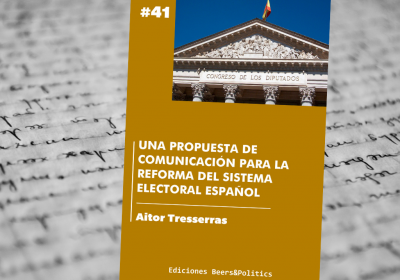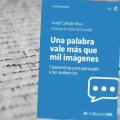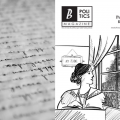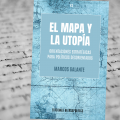A Letter Concerning Toleration by John Locke was originally published in 1689. Its initial publication was in Latin, though it was immediately translated into other languages. Locke’s work appeared amidst a fear that Catholicism might be taking over England, and responds to the problem of religion and government by proposing religious toleration as the answer. This «letter» is addressed to an anonymous «Honored Sir»: this was actually Locke’s close friend Philipp van Limborch, who published it without Locke’s knowledge.
One of the founders of Empiricism, Locke develops a philosophy that is contrary to the one expressed by Thomas Hobbes in Leviathan, in supporting toleration for various Christian denominations. Hobbes did allow for individuals to maintain their own religious beliefs as long as they outwardly expressed those of the state, however, and it has been argued that Locke’s rejection of Catholic Imperialism was the ultimate basis for his rejection of government’s interest in spiritual salvation.
Unlike Hobbes, who saw uniformity of religion as the key to a well-functioning civil society, Locke argues that more religious groups actually prevent civil unrest. Locke argues that civil unrest results from confrontations caused by any magistrate’s attempt to prevent different religions from being practiced, rather than tolerating their proliferation. Locke’s primary goal is to «distinguish exactly the business of civil government from that of religion.» He seeks to persuade the reader that government is instituted to promote external interests, relating to life, liberty, and the general welfare, while the church exists to promote internal interests, i.e., salvation. The two serve separate functions, and so, must be considered to be separate institutions.

